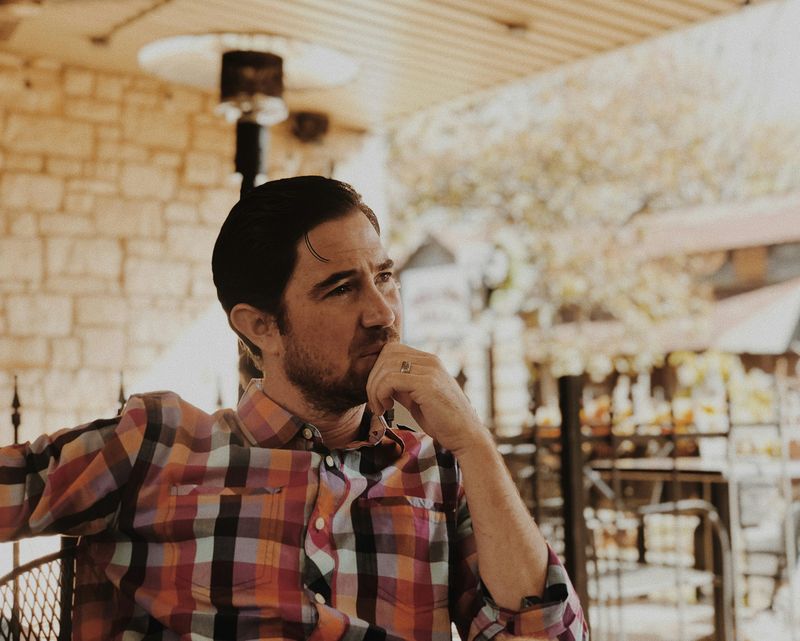7 Things Love Bombers Say to Hook You In

Love bombing is a manipulation tactic where someone showers you with excessive affection and attention early in a relationship. These intense displays might seem romantic at first, but they often mask controlling behavior. Recognizing these red-flag phrases can help you protect yourself from emotional manipulation and future heartbreak.
1. “I’ve never felt this way about anyone before.”

The magnetic pull of exclusivity draws you in when someone claims you’ve triggered unprecedented feelings. This statement creates a pedestal effect—suddenly you’re not just special, but extraordinary in their eyes.
What makes this phrase so effective is how it bypasses your natural caution. Who doesn’t want to be the exception to someone’s rule? The love bomber knows this and leverages your desire to be uniquely valued.
Remember that genuine connections develop gradually. Someone who barely knows you yet claims you’ve created feelings they’ve never experienced before might be manufacturing intensity rather than authenticity. True depth comes from consistent actions over time, not dramatic declarations after just a few dates.
2. “You’re my soulmate; we were meant to be.”

Destiny-based language creates an irresistible narrative—who wouldn’t want to believe they’ve found their perfect match? By framing your connection as fated or cosmically ordained, the love bomber sidesteps the natural progression of getting to know each other.
This cosmic claim serves a strategic purpose. When someone believes they’re with their soulmate, they’re more likely to overlook problems, dismiss red flags, and tolerate poor treatment because “it’s meant to be.”
Healthy relationships aren’t instantaneous cosmic connections but rather thoughtful choices two people make daily. Anyone rushing to declare you their destiny within days or weeks is likely manufacturing intimacy rather than earning it through consistent respect, trust, and understanding.
3. “I can’t stop thinking about you.”

Constant texts lighting up your phone. Late-night calls just to hear your voice. Random gifts appearing at your door. The love bomber’s apparent obsession might seem flattering—after all, who doesn’t enjoy being desired?
This relentless attention serves a calculated purpose. By occupying your mental space, they’re establishing themselves as central to your daily life before you’ve had time to properly evaluate the relationship. Your brain starts releasing dopamine with each interaction, creating an addictive cycle that’s hard to break.
Healthy admiration respects boundaries and personal space. Someone who genuinely cares about your wellbeing understands you need time for yourself, friends, family, and other interests. Their thoughts of you won’t vanish when you need space—they’ll simply respect your autonomy.
4. “No one understands me the way you do.”

A whispered confession that positions you as their emotional savior creates a powerful bond. This statement crafts an exclusive bubble around your relationship—just the two of you against a world of people who “don’t get it.”
The flattery hides a subtle trap. Once you’re established as their sole source of understanding, you’ll feel responsible for their emotional wellbeing. This creates the perfect conditions for isolation from friends and family who might otherwise spot concerning behavior.
Emotionally healthy people maintain multiple supportive relationships and don’t burden one person with their entire emotional world. They appreciate your perspective without claiming you’re the only one who understands them. When someone tries to make you their everything, they’re not offering love—they’re creating dependency.
5. “I want to spend every second with you.”

The fantasy of never-ending togetherness might sound romantic in movies. In real life, it’s often the first step toward erasing your personal boundaries. Love bombers use this desire for constant togetherness to monitor your activities and gradually limit your independence.
Notice how quickly they become upset when you need alone time or want to see friends without them. Their disappointment or anger reveals the control beneath their “devotion.” They might even frame your need for space as rejection or proof you don’t care enough.
Healthy relationships thrive on balance—togetherness and independence in equal measure. Someone who truly values you will encourage your individual interests and relationships because they want you to be a whole person, not just an extension of themselves.
6. “You’re perfect—flawless in every way.”

Extreme flattery feels like warm sunshine after a cold winter. Who wouldn’t melt hearing they’re absolutely perfect? But this seemingly beautiful compliment carries hidden danger—no human being is flawless, and pretending otherwise creates an impossible standard.
Love bombers use idealization as a psychological trap. First, they put you on a pedestal with these exaggerated compliments. Later, when you inevitably show normal human imperfections, they express disappointment or anger that you’re “not who they thought you were.”
Genuine love acknowledges imperfections with kindness. Someone who sees you realistically—with both strengths and weaknesses—offers something far more valuable than false perfection. They give you the freedom to be human, to make mistakes, and to grow without fear of losing their affection.
7. “I don’t know what I’d do without you.”

This seemingly sweet declaration hides a heavy burden. By suggesting they couldn’t function without you, the love bomber creates an emotional responsibility that’s difficult to escape. Their happiness becomes your job; their wellbeing your constant concern.
The statement often escalates to more concerning versions over time. “I’d fall apart without you” might evolve into “I couldn’t live without you”—language that makes you feel trapped by guilt. Some love bombers even make direct or indirect threats of self-harm if you try to create distance.
Healthy relationships involve mutual support without dependency. Someone who respects you will want your presence in their life without making you responsible for their survival. They’ll have their own coping skills, support network, and emotional resilience—qualities that make them a partner, not a dependent.

Comments
Loading…